By Libuseng Nyaka
QWAQWA – Negotiations have begun in earnest as political parties engage in some horse trading that could see a coalition take control of the Maluti -A-Phofung local municipality, after Monday’s local government elections failed to produce and outright winner.
Opposition parties, church leaders as well as business fraternity are expected to meet at Phuthditjhaba Freedom Square in Maluti-a-Phofung on Friday, to forge the future of the municipality.
This according to an invitation by the President of Dikwankwetla Party of South Africa (DPSA) Moeketsi Lebesa, who leads the opposition parties.
Maluti-a-Phofung local municipality is among municipalities that will be governed by a coalition government. The front runners are the ANC which won 21 wards and secured 28 seats in total while its breakaway party, the Map16 Civic Movement won 13 wards and secured 20 seats. The Economic Freedom Fighters came out a distant third with seven seats; the Democratic Alliance has five seats after winning one ward; and DPSA could only manage a modest three seats.
A party requires at least 36 seats to take control of the 70-seat Maluti-A-Phofung council.
The rest of the political parties that contested the election each got one seat. They are the African Transformation Movement, African Independent Congress, Vryheid Front Plus VF+, South Africa Royal Kingdoms Organization and All unemployment Labor Alliance.
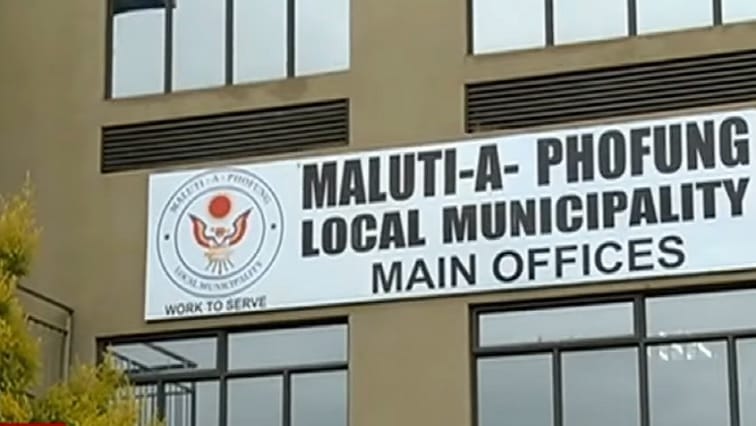
Commenting on the thorny issue of a coalition, the ANC Interim Provincial Committee’s spokesperson Oupa Khoabane, confirmed that the party will meet for two days to discuss the results.
“We need to take delivery of services to the people; that is what will inform our attitude in negotiating with other parties. We are going to meet as the ANC today and tomorrow.”
Meanwhile, the numerous permutations have indeed got people talking.
A QwaQwa resident who did not wish to be named had this to say:
“MAP16 needs 16 more seats to govern. ANC needs 8 more seats to govern. MAP16 can work with EFF, DA, DPSA and ACM to form a coalition of 5 parties. But here is a challenge, DA and EFF’s decision of who they will form a coalition with is likely to come from their national structures.
“If say for example, DA doesn’t want to be in the same coalition with the EFF, then an MAP16 coalition will have to be formed without one of the two. This means MAP16 will have to get into a coalition of about eight/nine parties, which makes things even more interesting as these smaller parties will bargain as well. So, in this situation, MAP16 will find themselves having a mayor with half of their Mayoral Committee consisting of members from other parties, something they need to consider as well.
“My prediction is, if we are to have a coalition of eight or nine parties, we are likely to have the most unstable municipality as we will have a new mayor every three weeks. Power breeds conflict.”

According to the IEC’s website, counting in all 1564 voting districts in the Free State has been completed. Results show the ANC has won the majority of party votes in all 19 councils in the province, but has a full majority in only 15 of the councils. 4 councils in the Free State will require coalitions to form local governments. The ANC secured 50.61percent of the vote in the province, the DA 18.7percent the EFF 12.4percent and the VFPlus just over percent. The CSIR predicts that the Metro of Mangaung will be retained by the ANC with a majority just above 50 percent.
In another development, results in many key industrial and mining towns in the north of the country and KwaZulu-Natal suggest voters want change. There are critical challenges in these towns, and voters indicated they do not want the ANC to run these municipalities for the next five years.








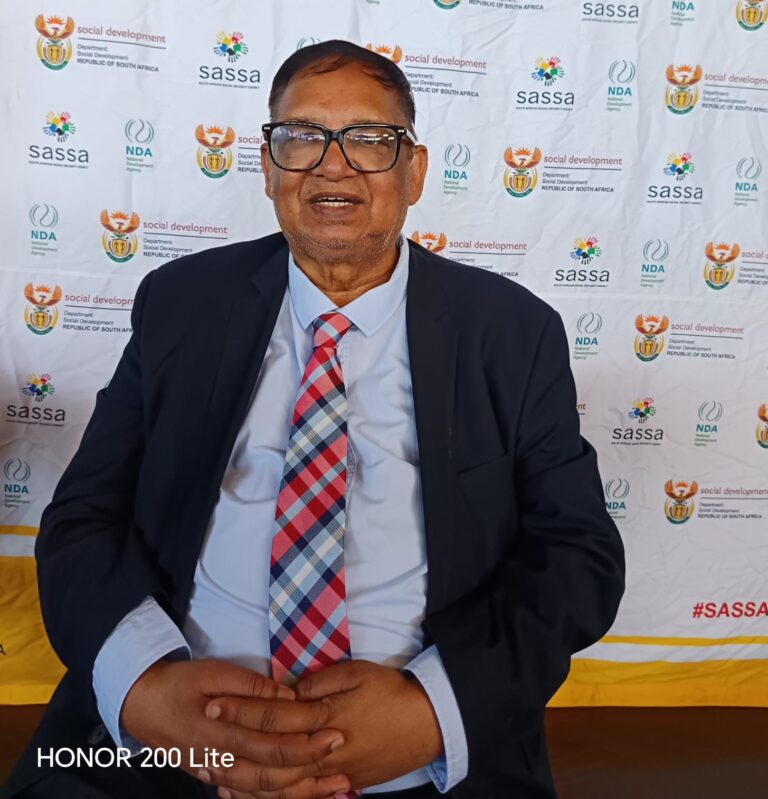
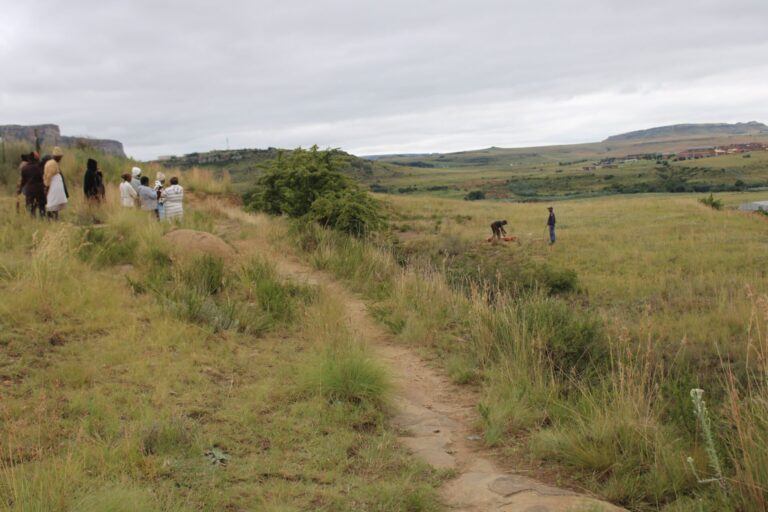
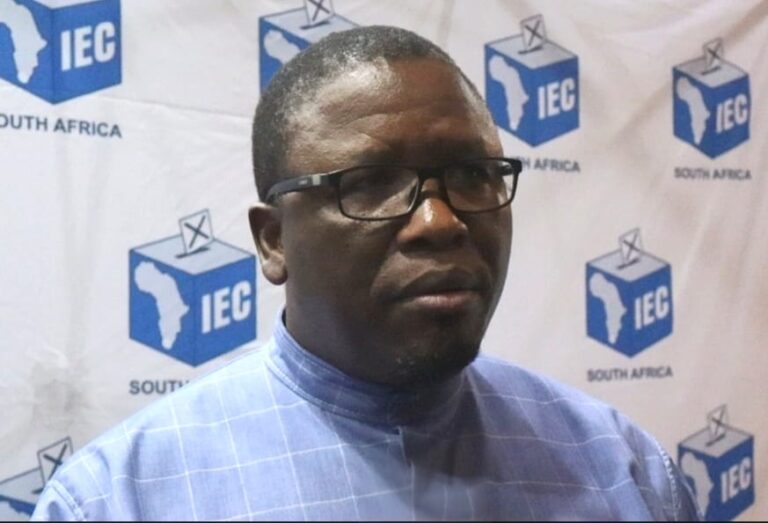
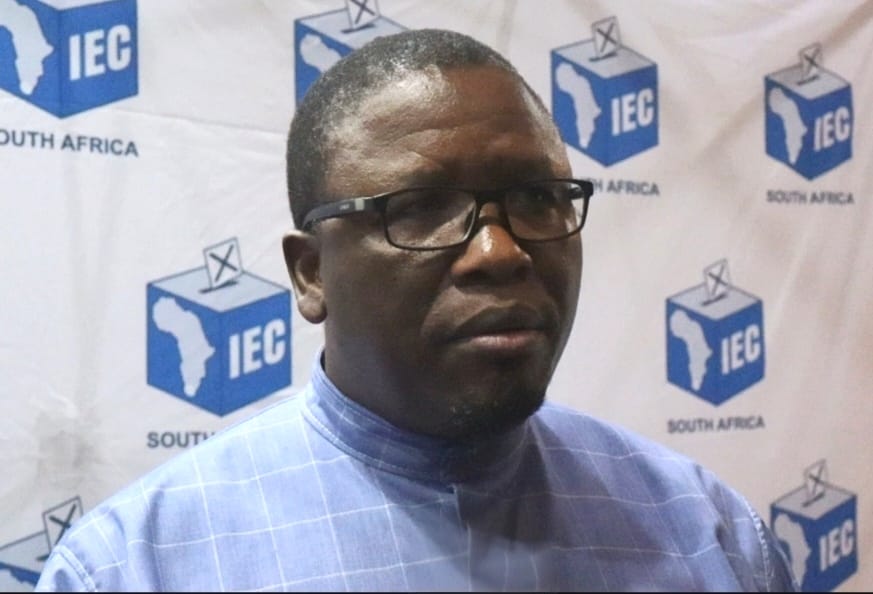
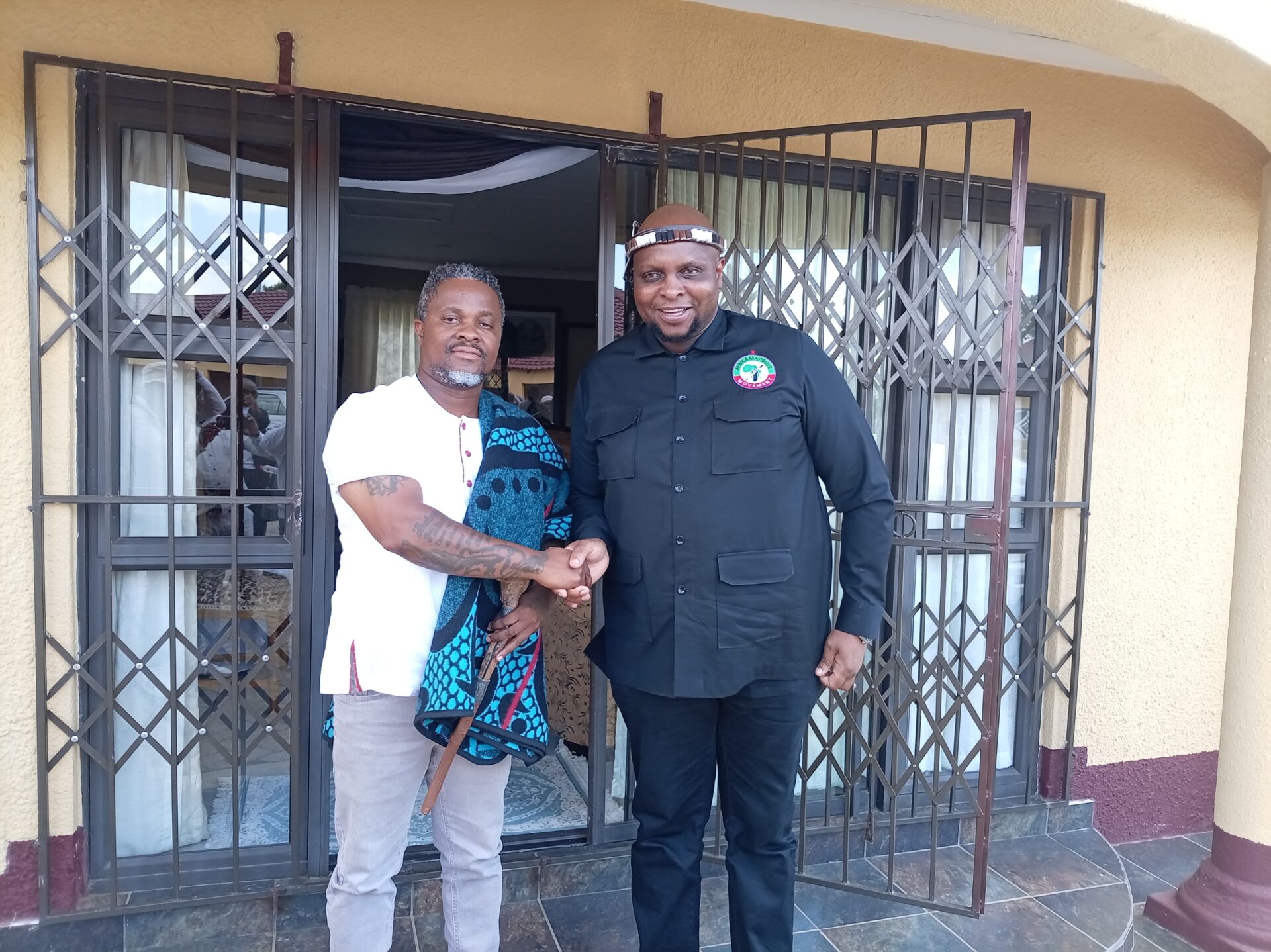
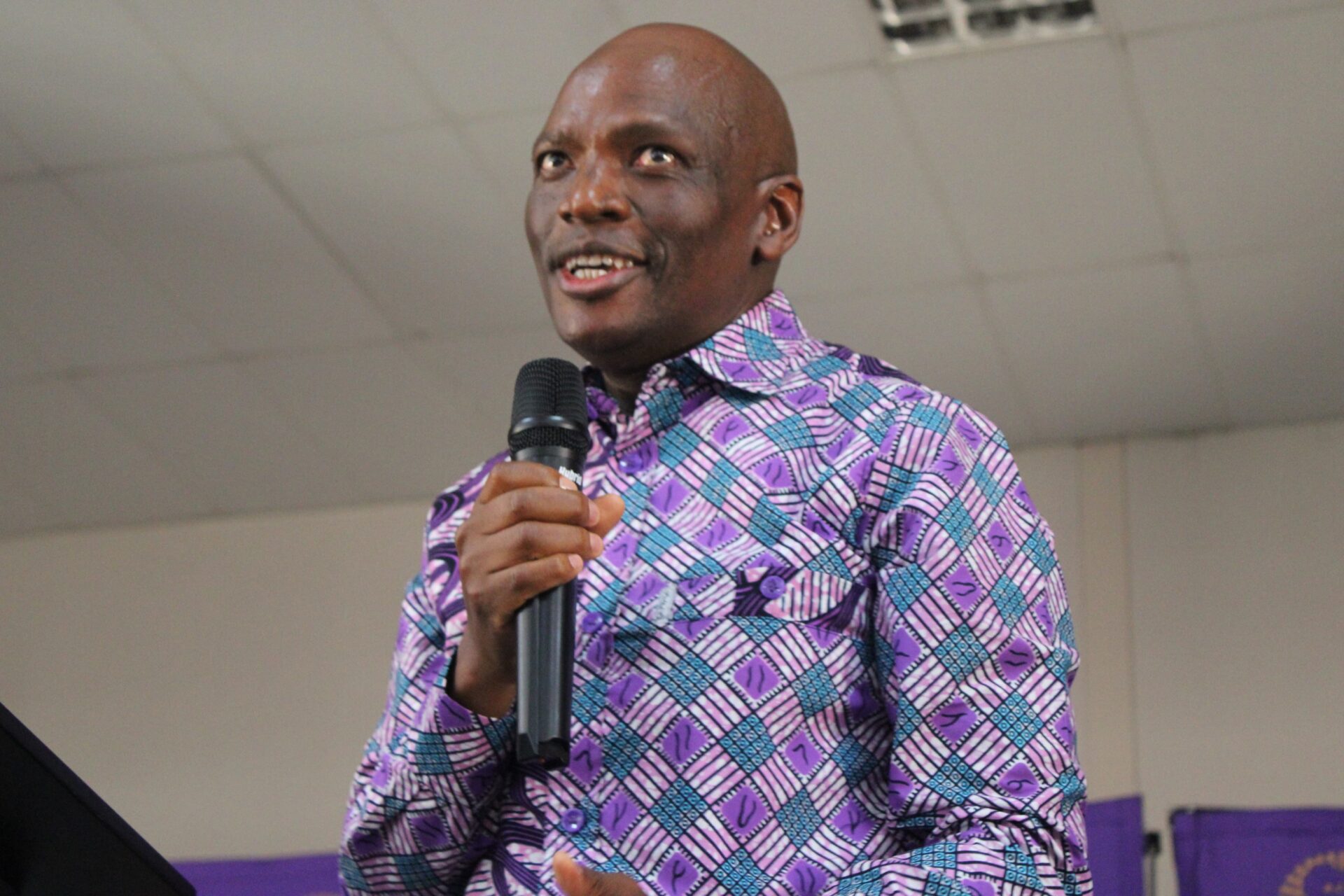
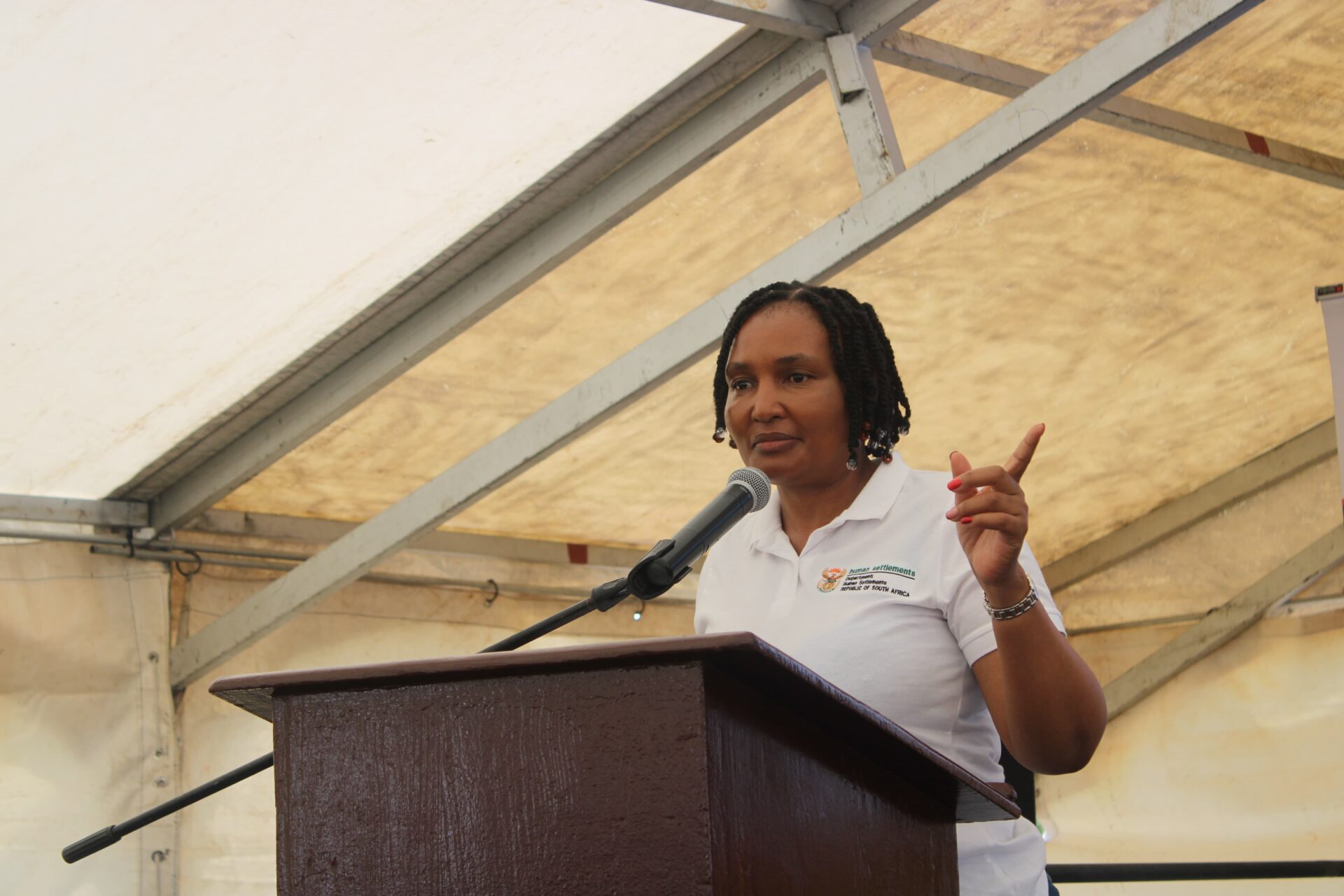
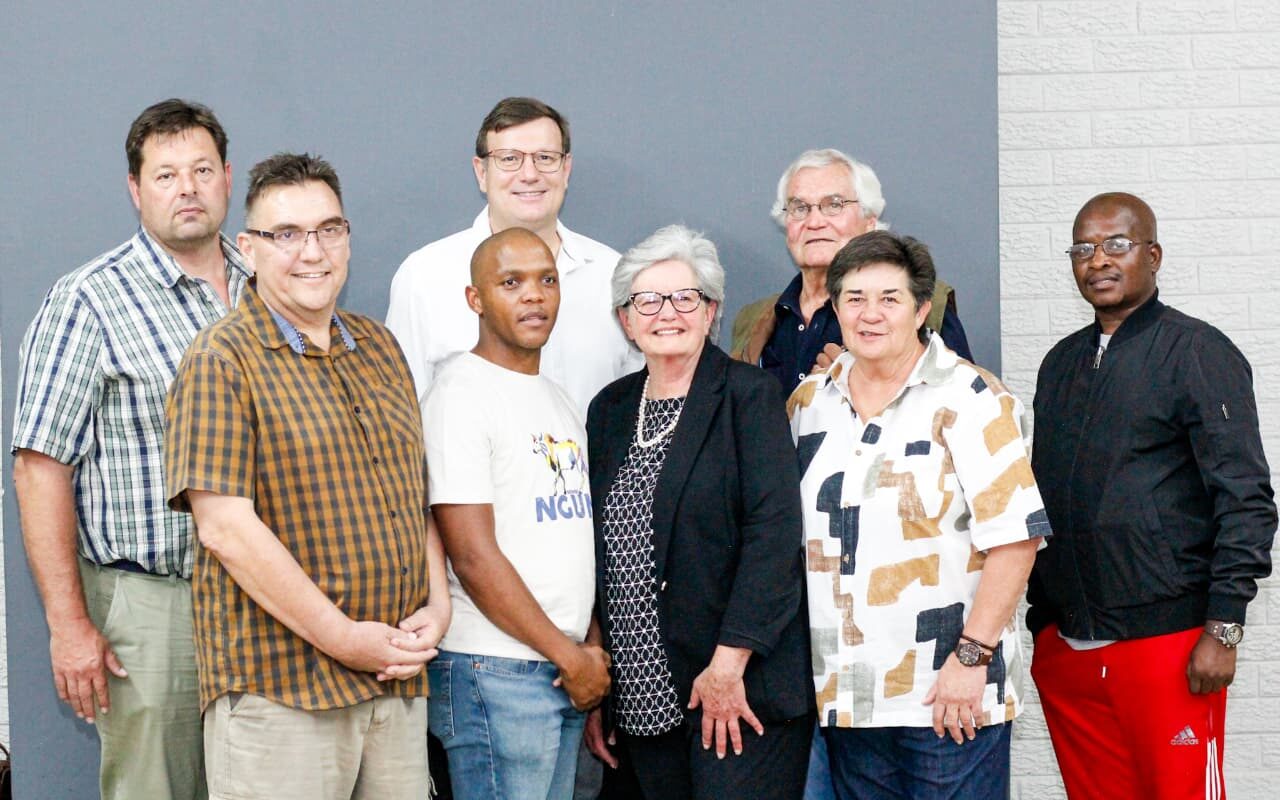
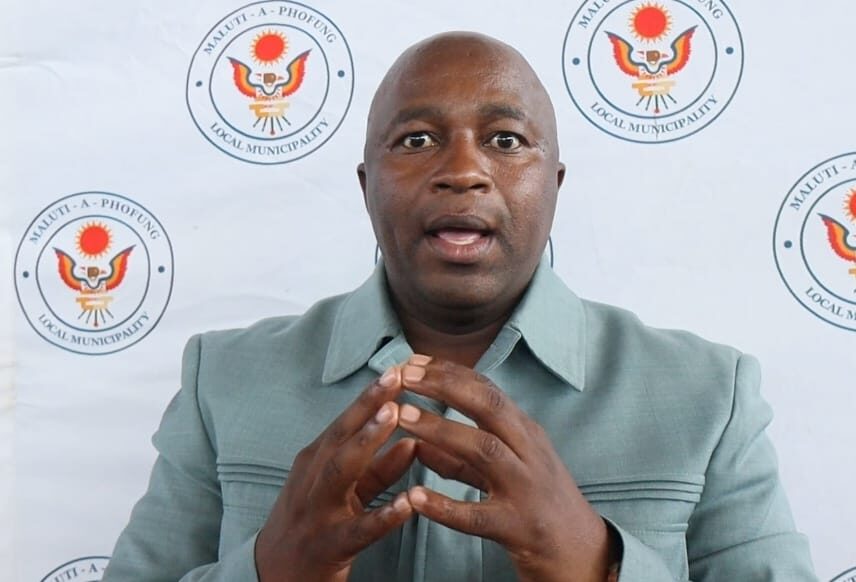
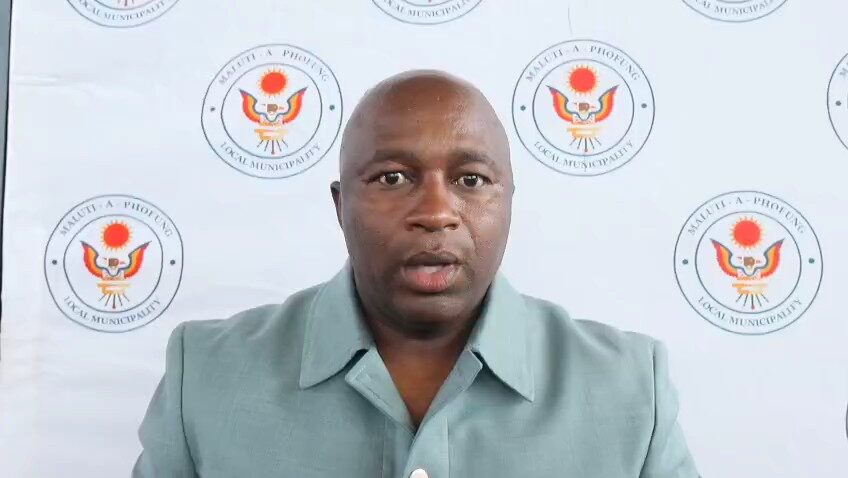
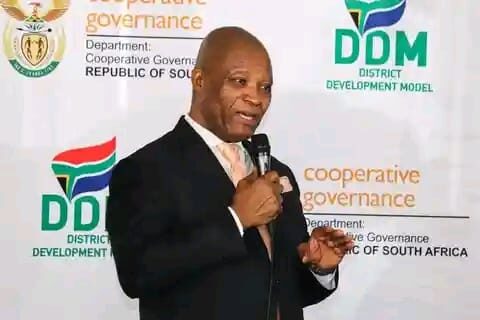
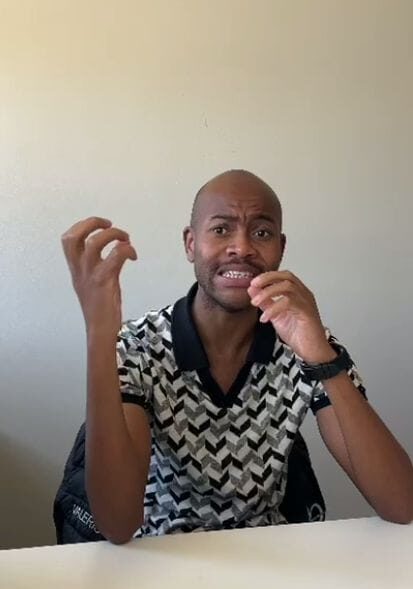

2 Responses
Map 16 and Dikwankwetla
Uim